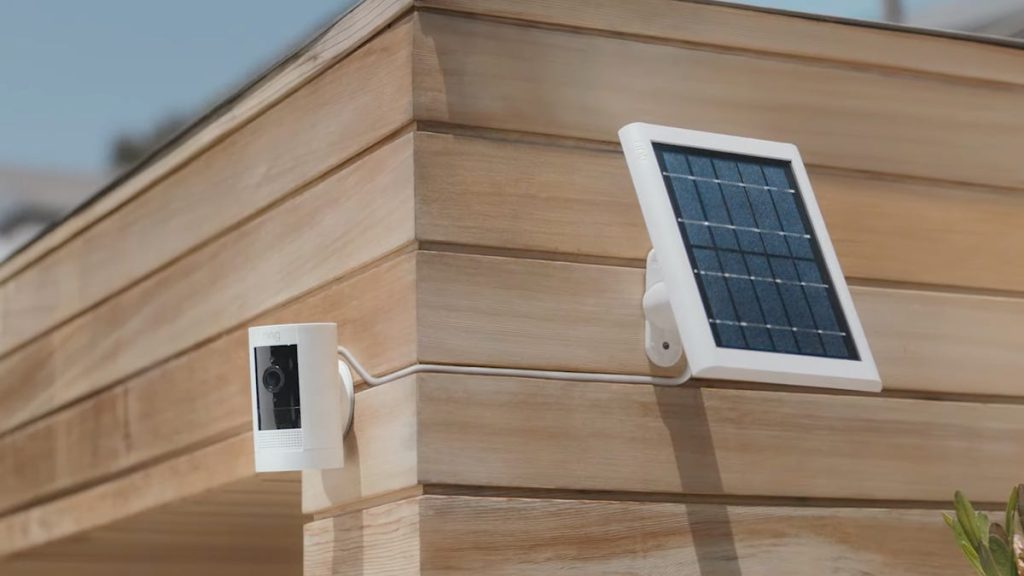When considering a solar-powered security camera, it is important to prioritize privacy, video resolution, and storage options. Privacy is a crucial factor as you want to ensure that your camera is not vulnerable to hackers or unauthorized access. Wired cameras are generally more secure than wireless ones, as they are not connected to Wi-Fi networks. Additionally, video resolution should be a major consideration, as higher resolutions provide better video quality. Most cameras on the market offer 1080p resolution, but some models go up to 2K or higher. It is important to note that higher resolution footage may require more bandwidth and could lead to lag times or glitches.
Another important aspect to consider when choosing a solar-powered security camera is the storage options available. Cloud storage sends video footage to a remote server for safekeeping, while local storage uses a separate device, such as a microSD card, to store footage. Cloud storage typically requires a monthly fee, while local storage may have limitations based on the capacity of the storage device. Depending on your preferences and needs, you will need to decide which storage option works best for you. Some cameras may offer both cloud and local storage options for added flexibility.
In addition to privacy, video resolution, and storage options, it is also important to consider the overall functionality and features of the solar-powered security camera. Features such as motion detection, night vision, two-way audio, and mobile app integration can enhance the effectiveness and usability of the camera. Motion detection can alert you to any activity on your property, while night vision allows for clear footage in low-light conditions. Two-way audio enables communication through the camera, and mobile app integration allows for remote access and control of the camera.
When selecting a solar-powered security camera, it is essential to assess the reliability and durability of the device. Look for cameras with weatherproof and tamper-resistant designs to ensure they can withstand outdoor conditions. In addition, consider the battery life and charging capabilities of the camera to determine its longevity and efficiency. Solar-powered cameras should have efficient solar panels that can recharge the battery effectively, providing continuous power to the device. It is also important to read reviews and ratings from other users to gauge the performance and satisfaction levels with the camera.
Furthermore, pricing is a significant factor to consider when purchasing a solar-powered security camera. Prices can vary widely depending on the brand, features, and quality of the camera. Set a budget and compare different options within your price range to find the best value for your money. Keep in mind that investing in a higher-quality camera may offer better performance and longevity in the long run. Lastly, consider any additional costs, such as installation fees or subscription plans for cloud storage, to ensure that the total cost fits within your budget. By thoroughly assessing these factors and tips, you can make an informed decision when choosing a solar-powered security camera for your home.


